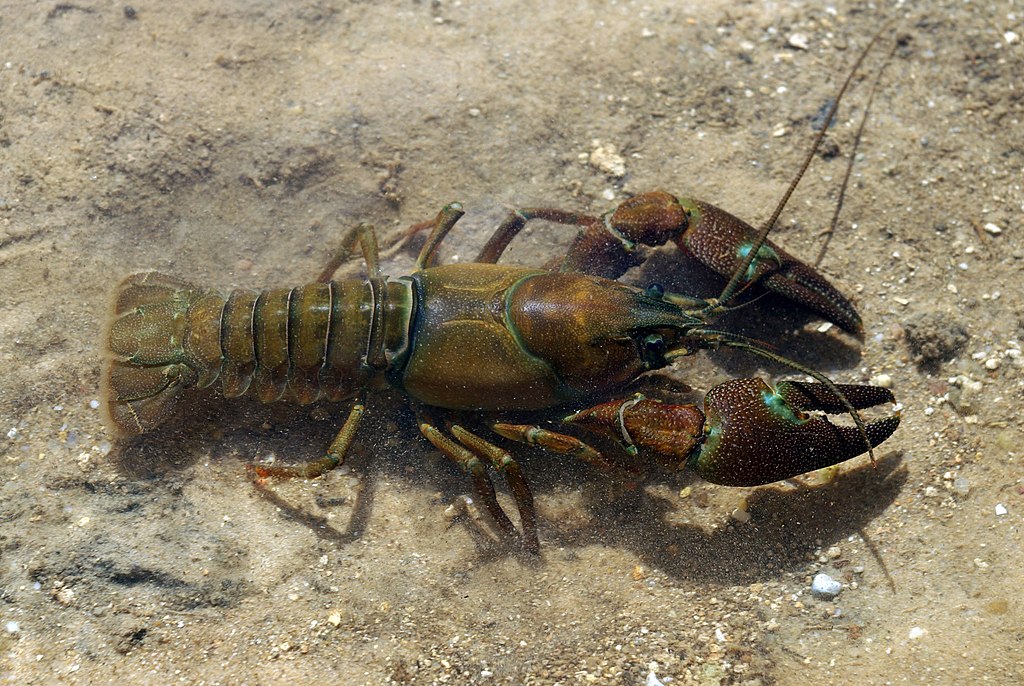Invasive species are threatening biodiversity throughout the world and costing more than USD 423 billion every year
A new UN report has quantified the enormous damage to biodiversity and the economy caused by invasive species all over the world. Behind the report is a team of 86 experts from 49 countries, including Associate Professor Alejandro Ordonez from Aarhus University.


Not only are invasive species bad news for biodiversity; they also cost us dearly. In 2019, total costs globally amounted to more than a staggering USD 423 billion a year.
And according to a new report by the UN biodiversity panel, IPBES, the costs have quadrupled every decade since 1970.
The report will provide governments with evidence, tools and options to achieve the global goal of limiting the spread of invasive species by at least 50 per cent by 2030. Eliminating invasive species on islands is particularly important, because their invasion is extremely damaging to the native species.
Fact:
IPBES is short for Intergovernmental Platform on Biodiversity and Ecosystem Services. More information can be found here.
Invasive species are inherently harmful
According to the report, human activity has introduced more than 37,000 species of animals, plants and fungi into regions and ecosystems where they would not otherwise have been able to spread. More than 3,500 of these species are invasive species; that is, they are a threat to the native biodiversity. Alien species are not necessarily invasive.
However, estimates show that 85 per cent of the impacts of biological invasions on native species are negative impacts.
The report estimates that invasive species are an important factor in 60 per cent of global plant and animal extinctions, and that they are the only factor in 16 per cent of global animal and plant extinctions registered by the researchers.
The most recent Red List from the International Union for Conservation of Nature (IUCN) lists 902 extinct species. The vast majority of these disappeared after the mid-1900s.
At least 218 invasive species have been responsible for more than 1,200 local extinctions, typically on islands. For example mice, rats or cats.
An overlooked and complex threat
"Invasive species are a huge but often overlooked threat to biodiversity. They cause irreversible damage to nature, lead to local and global species extinctions, and threaten human well-being," says Associate Professor Alejandro Ordonez from Aarhus University. He is one of the coordinating authors behind the new report.
He points out that one of the more complex problems with invasive species is the very reason why these species have spread around the world.
"Many alien species have historically been introduced intentionally, because it was thought this would benefit humans. Humans have, in fact, benefitted from moving species to new parts of the world, and with globalisation this relocation of species is happening faster than ever. But it comes with a price for nature as well as for humans, who are also ‘invasive alien species’. It’s a major challenge that requires clear solutions," says Alejandro Ordonez.
In the report, researchers explore multiple options, ranging from considering coherent policies and codes of conduct across sectors and scales, the need to involve indigenous peoples and local communities when developing policies and regulations, to the role of citizens as key partners in preventing future invasions and helping fill current knowledge gaps.
Contact
Associate Professor Alejandro Ordonez
Department of Biology - Ecoinformatics and Biodiversity, Aarhus University
Email: alejandro.ordonez@bio.au.dk
Mobile: +45 5022 9006
